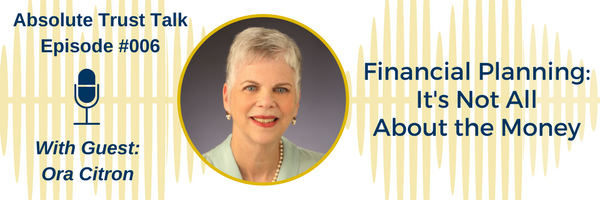Having a special needs child is a unique and often challenging journey that requires a lot of support and a comprehensive understanding of the services and resources available at each life stage. From early childhood to adolescence and adulthood, families of special needs children encounter a range of opportunities and challenges that can be better managed with the right resources. Of course, every child and every family is different, but here is a general overview of the various services and support systems tailored to each life stage of a special needs child.
PRESCHOOL AND EARLY ELEMENTARY SCHOOL: BUILDING A STRONG FOUNDATION
Early Intervention Programs: These specialized programs focus on enhancing a child’s developmental skills, such as communication, motor skills, and cognitive abilities. They provide therapies like speech, physical, and occupational therapy to address specific needs and set a strong foundation for future growth.
Special Education Services: Early childhood education tailored to the child’s individual needs is crucial. Special education professionals work with children in structured settings, ensuring they receive the necessary academic support while also fostering social interactions.
Parent Support Groups: Connecting with other parents who are navigating similar challenges can provide emotional support, information sharing, and a sense of community.
LATE ELEMENTARY SCHOOL AND MIDDLE SCHOOL: NURTURING GROWTH AND INDEPENDENCE
Individualized Education Plans (IEPs): These tailored plans, created by parents and school personnel, outline specific educational goals, accommodations, and services to ensure a child’s academic success. Regular evaluations and adjustments are made to meet changing needs.
Behavioral Interventions: For children with behavioral challenges, applied behavior analysis (ABA) therapy can be instrumental in promoting positive behaviors and reducing problematic ones.
Social Skills Training: Many special needs children struggle with social interactions. Social skills training groups or individual sessions can help them develop appropriate social behaviors and build friendships.
HIGH SCHOOL and YOUNG ADULT: TRANSITIONING to ADULTHOOD
Transition Services: As children approach adulthood, transition plans become critical. These plans focus on life skills, vocational training, and community integration to prepare the young adult for independent living or supported employment.
Vocational Training Programs: Specialized programs help individuals acquire skills that are tailored to their abilities and interests, increasing their chances of finding meaningful employment.
Guardianship and Legal Support: Depending on the level of independence, families may need to explore legal options like guardianship or conservatorship to ensure ongoing care and decision-making for their child. This should be explored before the age of 18 to avoid any interruptions of care.
ADULTHOOD: FOSTERING INDEPENDENCE AND INCLUSION
Supported Living: For those with higher support needs, group homes or supported living arrangements offer a level of independence while still providing necessary assistance.
Continuing Education: Adult education programs and post-secondary options ensure that individuals with special needs continue learning and growing.
Community Engagement: Inclusive community programs, sports, and social activities promote socialization, a sense of belonging, and overall well-being.
The journey of raising a special needs child is filled with milestones, challenges, and successes. Throughout each life stage, a range of services and support programs are available to support the child’s development, enhance their quality of life, and empower them to reach their full potential. It’s important for parents and caregivers to stay informed, actively participate in decision-making processes, and advocate for their child’s individual needs. By using these resources and staying optimistic, patient, and dedicated, families can provide their special needs child with a fulfilling life journey characterized by growth, inclusion, and independence.
[AD] Estate planning addresses many important factors about your future and legacy. Where do you get started if you don’t have an estate plan in place? If you do, how have new laws and life transitions changed? Will your plan still protect you? Regardless, you deserve to have control over your wants, needs, goals, and hopes for the future. We can help you understand your options and, legally, how you will best be protected at all touchpoints. Get started today by scheduling a free discovery call so we can discuss your needs. Visit https://absolutetrustcounsel.com/scheduling/ or call us at (925) 943-2740.


